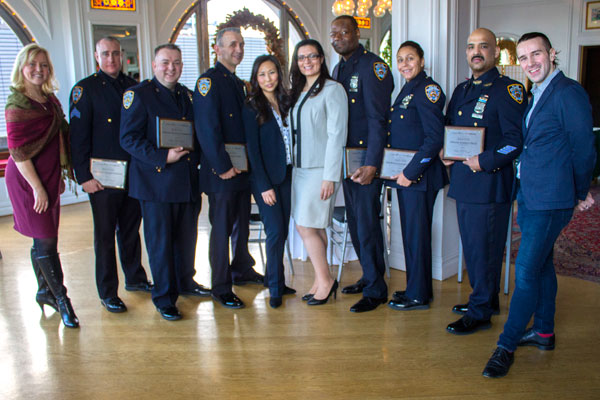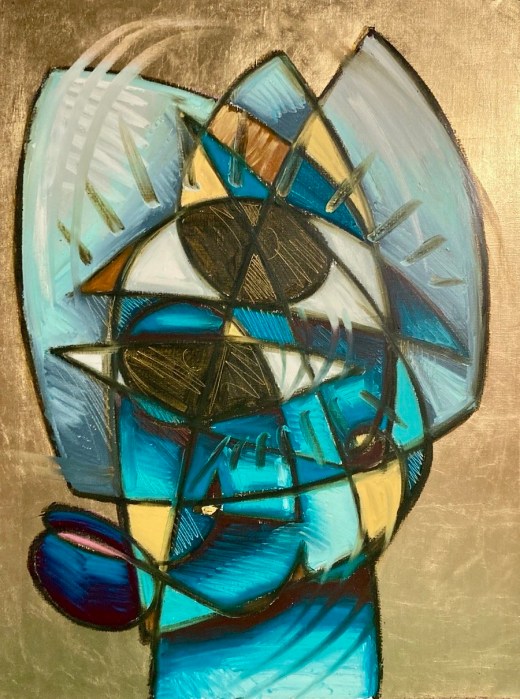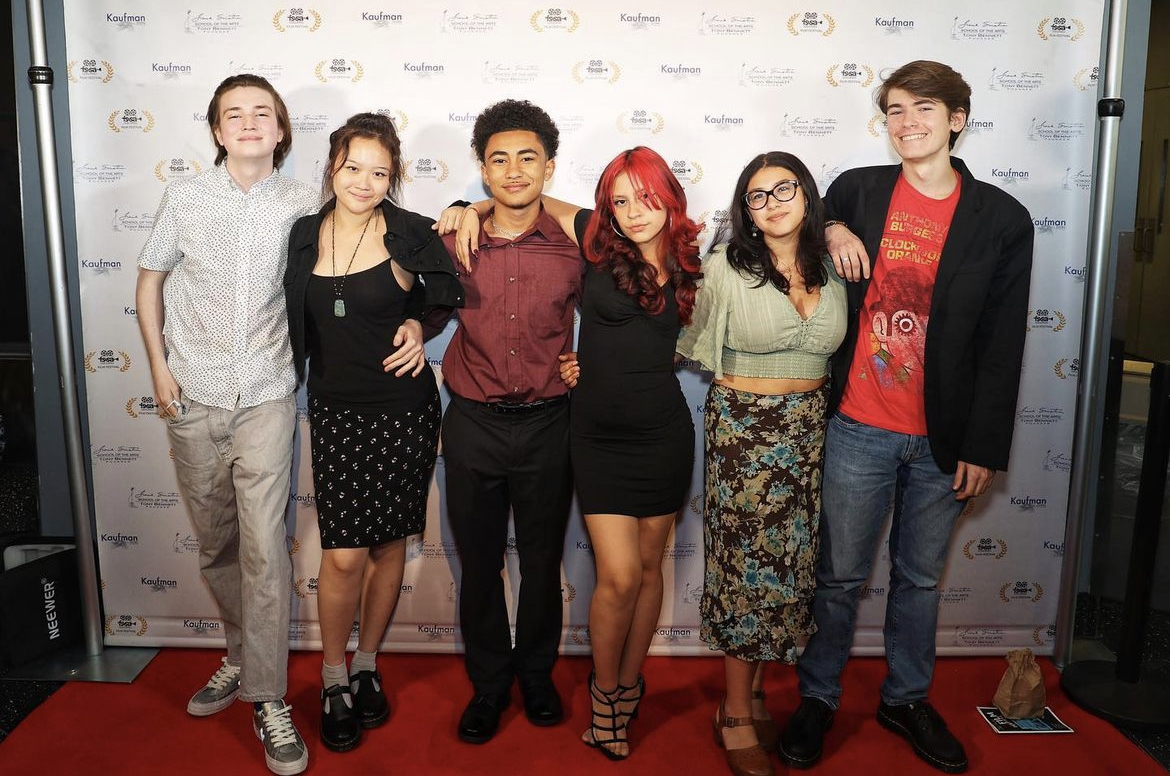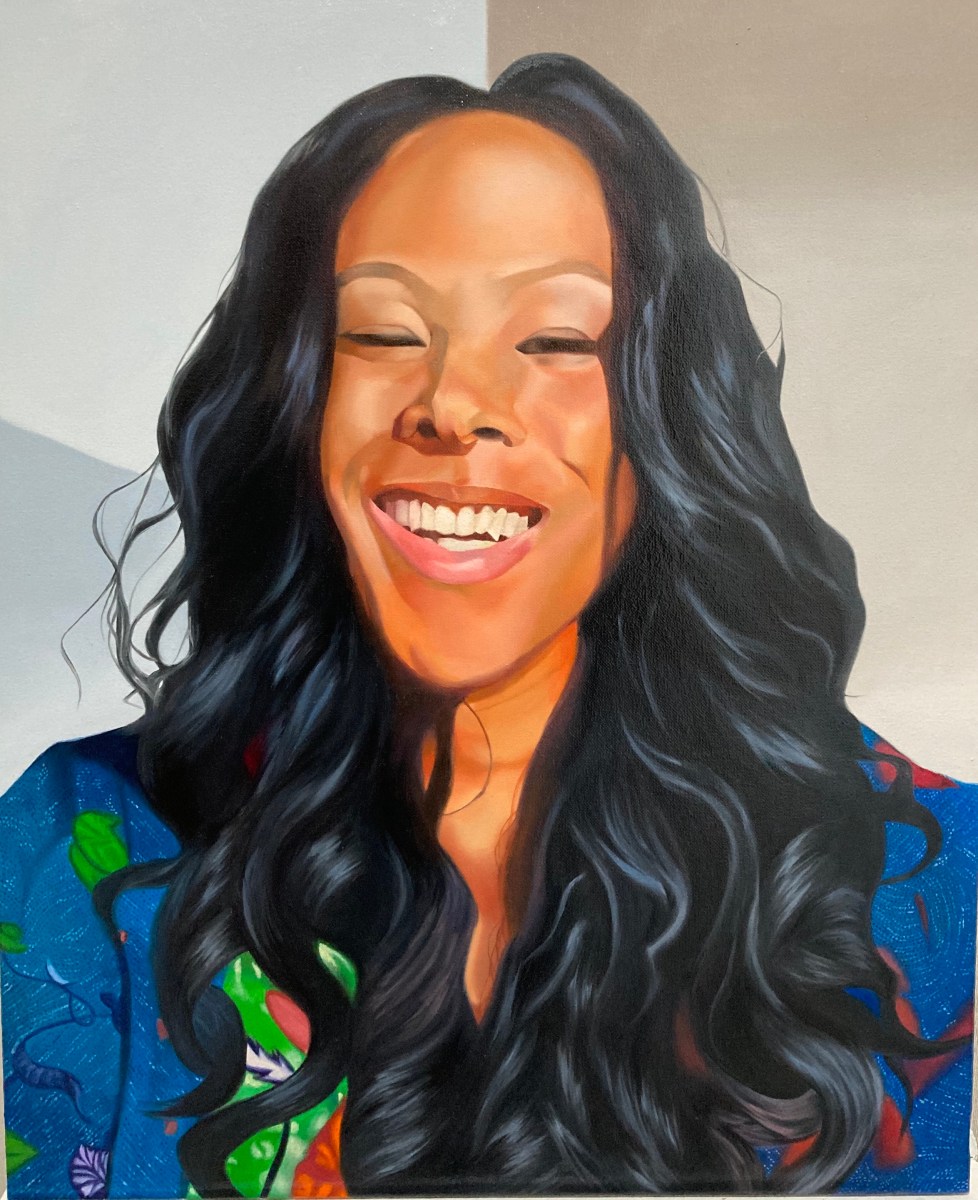 [/media-credit]
[/media-credit]Current Broadway incarnation of timeless ‘Streetcar’ still stabs at heart
BY JERRY TALLMER | This guy walked out on stage and I swear to God he was Eddie Szemplenski and John J. Wodarski all rolled into one.
Edward Szemplenski, from Hamtramck, Michigan — not the Polish town of Thornton Wilder’s great play, but Polish nevertheless. Eddie Szemplenski, rough-hewn, six-foot-three or four, mottled complexion, big-fisted, ready to laugh or to fight at the drop of a dime — a hard-boiled “dese and dose” roughneck who dragged me through every Polish bar and one or two miscellaneous whorehouses (I was unready for that) in East St. Louis, Illinois, the nearest civilization, of a sort, to where the U.S. Army Air Corps was sorting and disposing of us at Scott Field, Illinois.
John J. Wodarski, likewise Polish-American — no taller than myself, but 30 or 40 pounds heavier — we’re talking now, not about East St. Louis, but an airbase in the jungle 30 miles up the Demerara River from Georgetown, British Guiana (as it then was), where the Air Corps (as it then still was) has sent me to operate and repair (!) the odd protuberances of black magic radar affixed to the noses of slow-moving obsolete ruptured-duck B18B’s on anti-submarine patrol in the Caribbean.
John J. Wodarski, from someplace or other in New Jersey. “Whitey” Wodarski, so nicknamed because of his ample shock of white-gold hair; not at all a “dese and dose” type roisterer who would hurl a radio out the window in boozy anger or rip the fancy clothes off his wife’s nutty sister — and then take her by force — but a tough enough customer for all that.
What I most vividly remember is John Wodarski — just like Prew in James Jones’ superb postwar “From Here to Eternity” — going under the upraised squadron barracks to beat the bejeezuss out of a bullying non-com who had called Brooklyn’s brash Isadore Lieberman “a fucking kike.”
Cut, cut, cut.
 [/media-credit]
[/media-credit]
I’m going to buy a paper doll that I can call my own, a doll the other fellows cannot steal….
It is 1947. The four-year WWII is a thing of the recent past, and I am sitting in the Ethel Barrymore Theatre on Broadway, watching a play by this new young writer, Tennessee Williams — who’d already knocked the socks off me with his very different “The Glass Menagerie” a year earlier while I was still in uniform.
From that one I could still hear — today, 65 years later, still hear — the great Laurette Taylor at 6am braying: “Rise and shine! Rise and shine!” to her grown son and daughter. In this one, “A Streetcar Named Desire,” the star would seem to be the unknown young man playing Stanley Kowalski, Stella’s husband.
Suddenly the play bangs open and here he is: loud, intense, Polish-to-the-core, Eddie Szemplenski, John J. Wodarski and Stanley Kowalski all wrapped together in a storm cloud of masculine pride and anger, hungry for bowling and poker and beer and nooky, sizing up the visiting Blanche in one burning look and hurling that radio out the window in a rage before sobbing in his wife’s arms like a baby.
And I know him! I served in a couple of places with him! All America, all the world, will soon know him. And because I know him so well, it legitimizes this whole extraordinary drama set forth by a poetic sensibility and a sexual engine exactly the opposite of Stanley Kowalski’s.
I look at the program. The name is Brando — Marlon Brando. What kind of a name is that? Well, no more Polish than will be miraculous Meryl Streep, some years later, in a film called “Sophie’s Choice.”
Marlon Brando’s Stanley Kowalski is the kind of portrayal that, for better and for worse, reshapes America’s idea of maleness for three or four generations to come, amplified and softened by his befuddled Terry Malloy in the 1954 “On the Waterfront” that will be directed by the same Elia Kazan who has crafted this “Streetcar” on stage, and will do so again — a good deal less sensitively — on screen.
Still and all, I had not thought of Stanley Kowalski as being a man of color — with Stella and Blanche likewise as agents de couleur, French Huguenot descendants of mixed blood — which is the whole idea of the interracial “A Streetcar Named Desire” that comes to us under Emily Mann’s direction.
Well, why not? I mean, we now have an American president who is himself a mixed-blood man of color. And for that matter, a beau ideal. We also have had, seven years ago come August, Hurricane Katrina that devastated a great many people of color in New Orleans, not foreseen by the Tennessee Williams who left us in 1983.
“ ‘Streetcar’ is maybe my favorite play but I’ve never directed it,” says Emily Mann, the artistic director of Princeton’s esteemed McCarter Theatre, who on and off campus — and on and Off Broadway — would seem to have directed almost everything else in the world. “I’ve been wanting to do an interracial ‘Streetcar’ since 1990 or ’91. Ntozake Shange [playwright, poet, actress] said she’d love me to do ‘Streetcar’ with her as Blanche, but we never got it together.
“But the idea germinated, and a year and a half ago I read that Stephen C. Byrd and Alia M. Jones, the, producers of a black-cast ‘Cat on a Hot Tin Roof,’ wanted to do an interracial ‘Streetcar.’ So I looked them up and said: ‘Here I am.’ ”
“New Orleans has an intricate culture,” says Ms. Mann, who went down there with her Blanche and Stella — Nicole Ari Parker and Daphne Rubin-Vega — to research the piece and take a look at Belle Reve, the DuBois sisters’ lost-to-debt-and-death family mansion.
“Blanche and Stella are of white French Huguenot, black, and some Spanish blood, but in marrying Stanley, a Pole of mixed blood, Stella had ‘married down’ — or at least Blanche thought so.”
“When I got the role of Stella,” says slim café au lait Daphne Rubin-Vega, whose name and birth in Panama indicates her own mixed parentage, “I picked up the play with Brando’s picture on the cover. Then I downloaded the movie on my computer, but the movie turned out to be totally sanitized by the elimination of Stanley’s rape of Blanche” — a hand wobble, indicating Marlon Brando doing something vague to Vivien Leigh — “as well as the homosexuality of Blanche’s young husband,” who kills himself after Blanche walks in on him in bed with a boyfriend.
Emily Mann, born in Boston, is the daughter of the late historian Arthur Mann, author of the two-volume “La Guardia: a fighter against his times.” When the 1960 Broadway musical “Fiorello!” came through Boston, her father took her backstage to meet its star, Tom Bosley. “I was 6 or 7 and I was thrilled.” She has been what they call stage-struck ever since.
“My father,” she says, “was always talking about the multi-ethnicity cultural pluralism of the United States.”
Ms. Mann has found her Stanley in Blair Underwood and her Mitch, Stanley’s buddy, in Wood Harris — two black men with a strong track record. It is Mitch, not sneering Stanley, who forces Blanche to look at herself without the benefit of paper light bulb shade — the cruelty that ultimately drives Blanche over the brink.
I once heard, or read, that Tennessee Williams, who liked to laugh at his own stuff — giggle at his own stuff — thought that one of his great comedic lines was Blanche’s fade-away “I’ve always depended on the kindness of strangers.”
Maybe so, but it can still stab you in the heart, black or white, white or black.
A STREETCAR NAMED DESIRE
Written by Tennessee Williams
Directed by Emily Mann
Currently in previews
Opening night, April 22
At the Broadhurst Theatre (235 West 44th St., btw. 7th & 8th Aves.)
Tuesday and Thursday at 7:00 PM; Wednesday, Friday and Saturday at 8:00 PM; matinees Wednesday at Saturday at 2:00PM and Sunday at 3:00 PM
For tickets ($49.50 – $199), visit telecharge.com or call 212-239-6200
For more information, go to StreetcarOnBroadway.com or facebook.com/streetcar2012

















